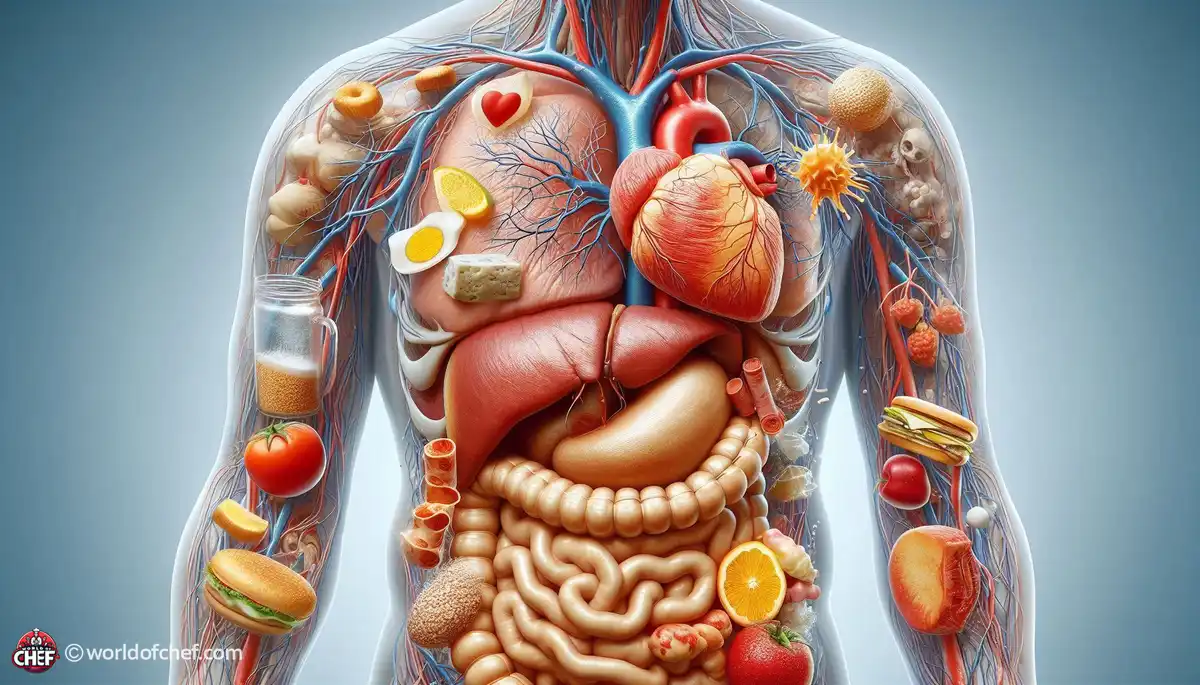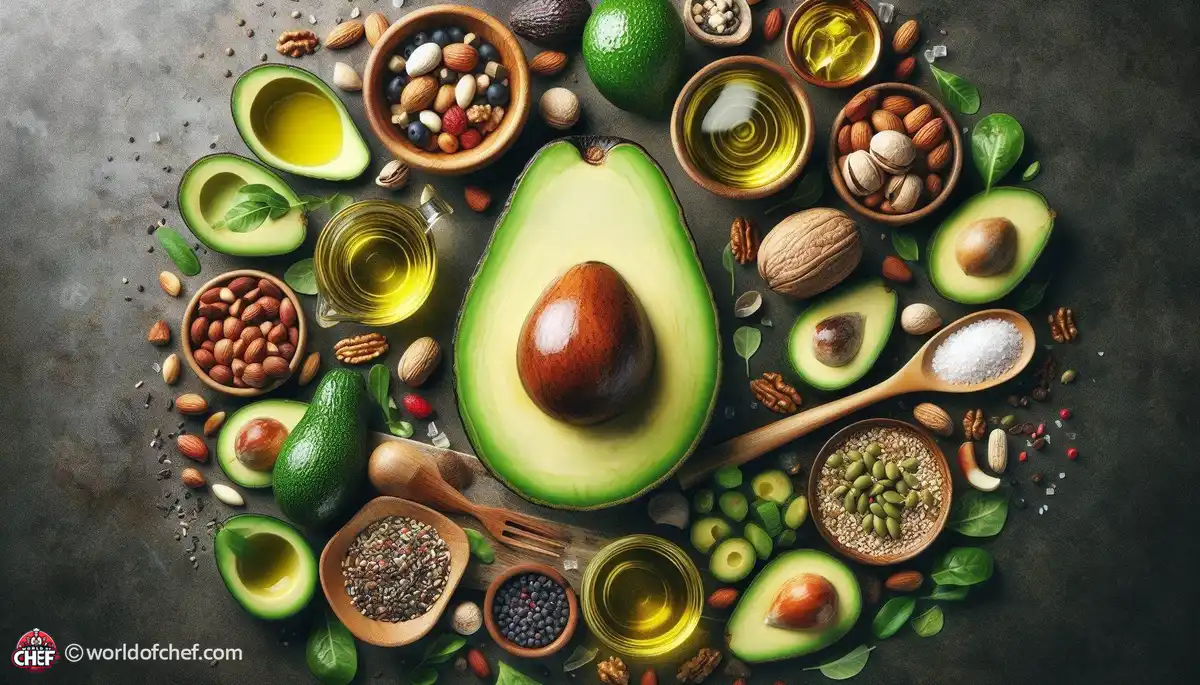
Dinner Delights: High-Fiber Recipes for Every Palate
Clarence Guido - Oct 7, 2024 - 7 min read


Risks in Overindulgence: Understanding the Risks Associated with Unhealthy Fat Overindulgence and Impact on Heart Health The risks related to overindulgence in unhealthy fat lead to a host of cardiovascular complications. Saturated and trans fats, which appear in most packaged and fried foods, promote LDL (low-density lipoprotein) cholesterol, the "bad" cholesterol in the body. These higher levels of LDL increase the possibility of plaque formation within the blood vessels, a phenomenon known as atherosclerosis. Eventually, this narrowing of the arteries can lead to hypertension, heart attacks, and strokes. Apart from increasing triglyceride levels, excessive intake of unhealthy fats also raises the risk of diseases related to the heart.
Bad fats are calorie-dense. These will lead to weight gain and obesity because of high intake. Bad fats present in food lead to lacking essential nutrients and fiber content. Therefore, you'll end up feeling unsatisfied about your meal and thus get tempted to overeat again and again. Moreover, fat over body parts is always expected in the body, specifically in the abdominal region. Thus, the risk associated with the metabolism of this syndrome and other illnesses, such as type 2 diabetes, increases in a person. Thus, indulgence in excessive intake of high-fat diets threatens the heart's health as well as fuels the global epidemic of obesity.
The physiological impact of excessive unhealthy fats intake is well-known, but the impact of its consumption on mental health is no less significant. Research findings indicate that eating patterns with Saturated Fats raise the risk of depression and impaired cognition. A high-fat diet impairs the working of the brain and also inhibits the production of neurotransmitters, thus leading to mood disturbances and impaired cognition. The inflammatory response to high amounts of unhealthy fat consumed could also worsen symptoms of anxiety and stress, which further deteriorate mental well-being.
The liver metabolizes fats; excessive consumption of unhealthy fats would exceed its capacity and results in fatty liver disease. More specifically, saturated fats tend to deposit fat in the liver and thus hamper its normal functioning and may lead to a condition called non-alcoholic fatty liver disease. Untreated NAFLD might further progress to conditions such as fibrosis, cirrhosis, and even liver cancer. Therefore, the proper intake of unhealthy fats can prevent these debilitating liver diseases and keep the liver healthy.
Foods that contain unhealthy fats tend to lack essential nutrients, which displace healthier foods in the diet and increase the risk of nutritional deficiencies. People might fill up on processed and fried foods and unknowingly deprive their bodies of vital vitamins, minerals, and antioxidants necessary for optimum health. This can cause a compromise in immune function, impair wound healing, and increase susceptibility to infections and chronic diseases. Therefore, nutrient-rich foods should be prioritized over high levels of unhealthy fats in consumption for one's holistic wellness.
Unhealthy fats ingestion also tends to widely affect a person's longevity and quality as it accelerates aging and susceptibility to chronic diseases. These lipids cause an inflammatory response that not only creates the diseases of arthritis and Alzheimer's but also damage the cells and induce oxidative stress, thereby accelerating cellular aging. Moreover, the sum effect of poor food choices compromises physical performance, erodes cognitive capacity, and diminishes energy, making life less enjoyable and limiting opportunities for fulfillment.
Overconsumption of unhealthy fats has great impacts on health and the environment. Production from processed and fried foods goes hand in hand with such issues as deforestation, greenhouse gas emissions, and water pollution. These eventually contribute to environmental degradation through climate change. In livestock production for meat and dairy products, intensive farming promotes soil erosion, habitat destruction, and biodiversity loss. By reducing our reliance on foods high in unhealthy fats and adopting more sustainable dietary habits, we can mitigate our impact on the planet and promote environmental stewardship.
In conclusion, the risks of consuming too much unhealthy fat reach far beyond just mere weight gain and cardiovascular issues. The destructive effects of an intake overly saturated with unhealthy fats go far beyond the compromises of mental health and liver function to exacerbate nutritional deficiencies and accelerate the rate of aging. The best care for health and fostering well-being is by emphasizing the intake of whole, nutrient-dense foods and lowering overall intake of processed and fried foods.

Clarence Guido - Oct 7, 2024 - 7 min read

Lydia Timmerman - Oct 6, 2024 - 6 min read

Logan Trowbridge - Oct 6, 2024 - 7 min read

Wayne Tobar - Oct 4, 2024 - 8 min read